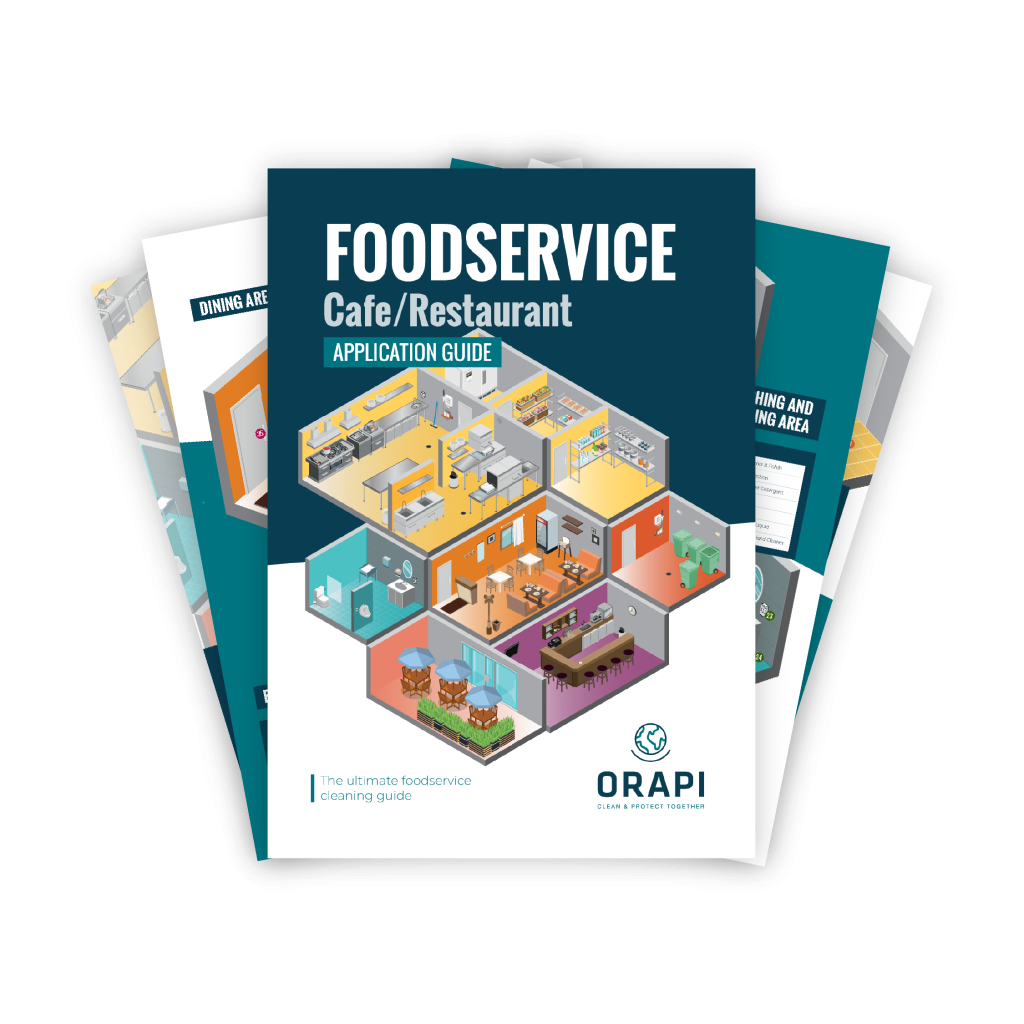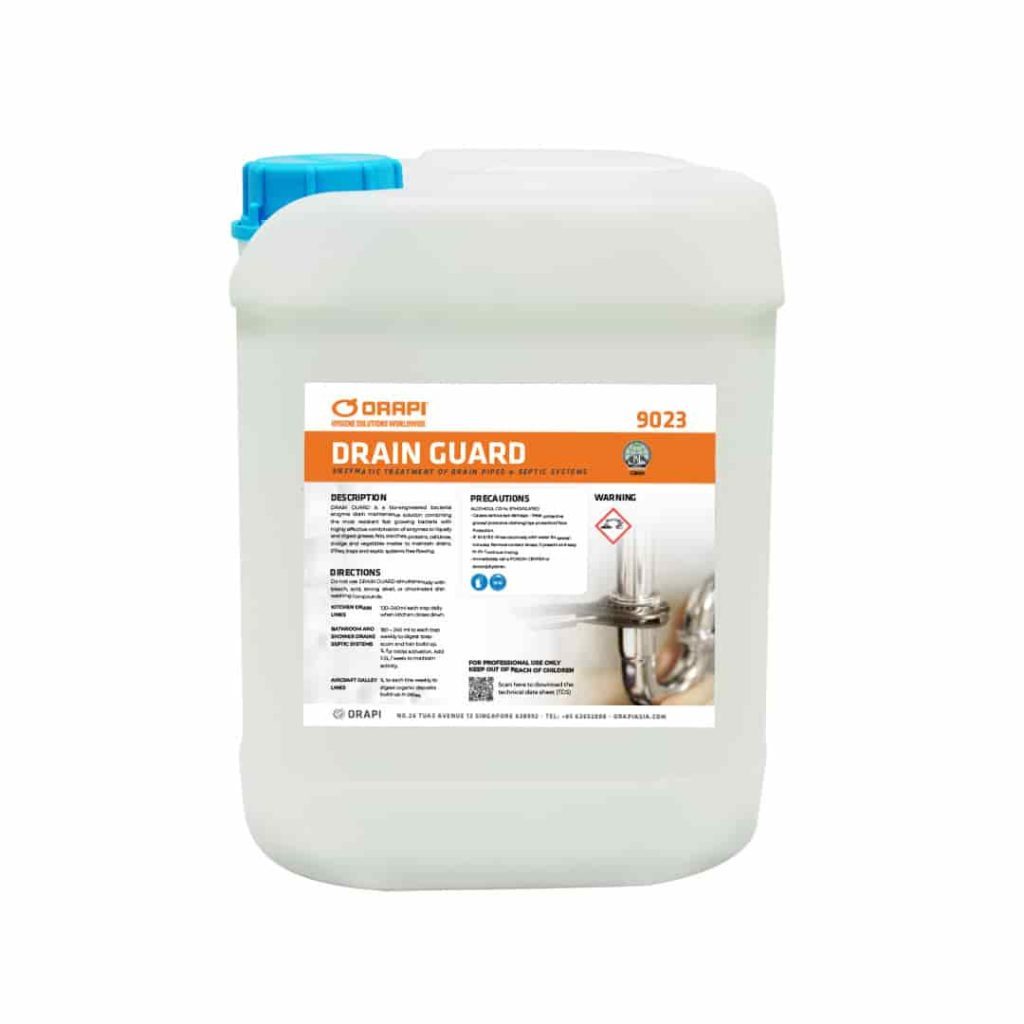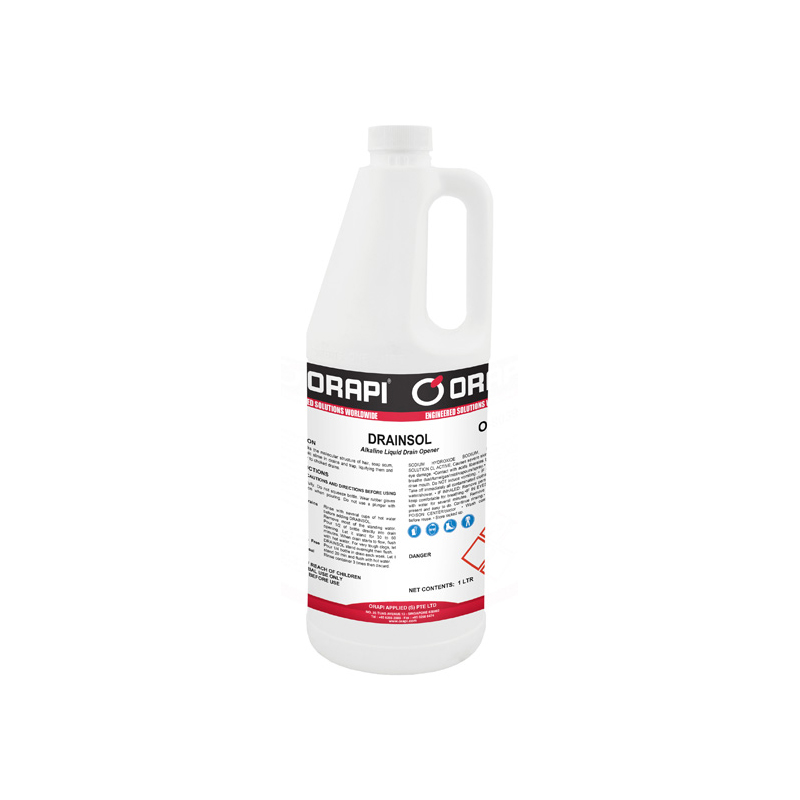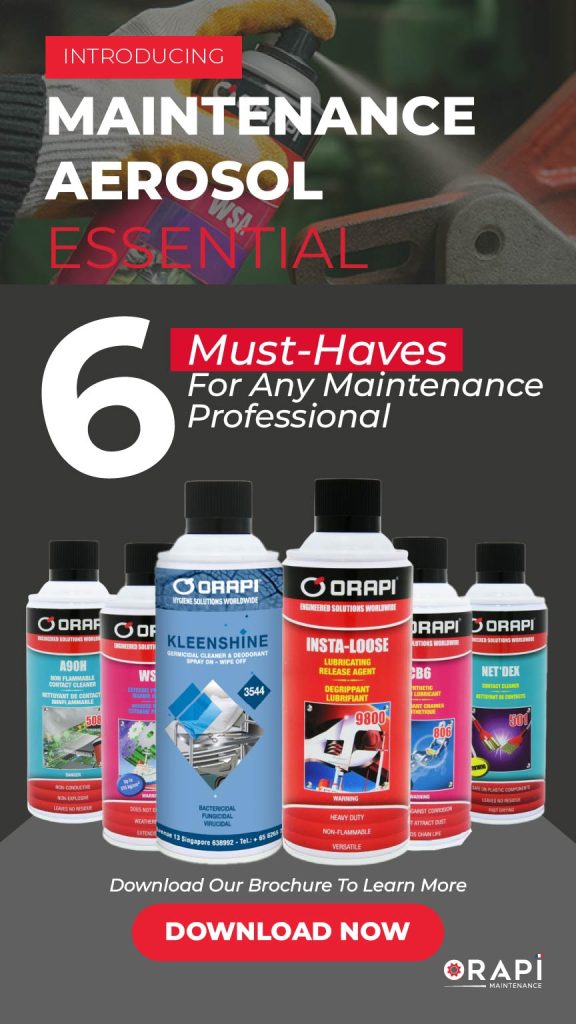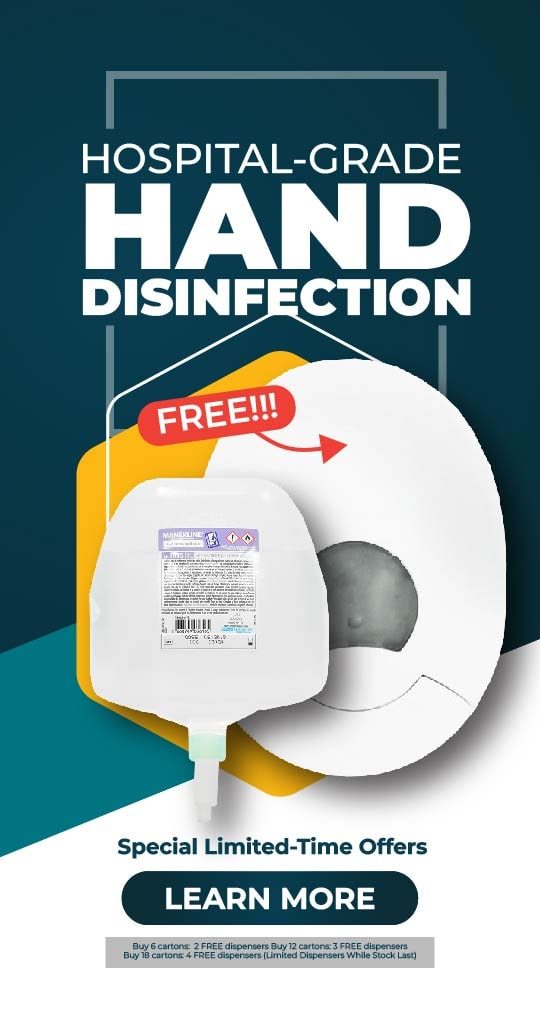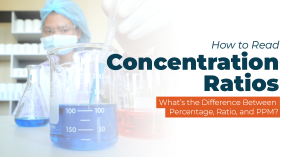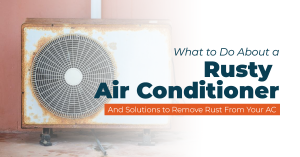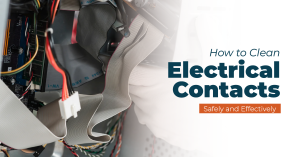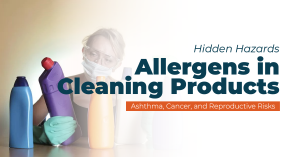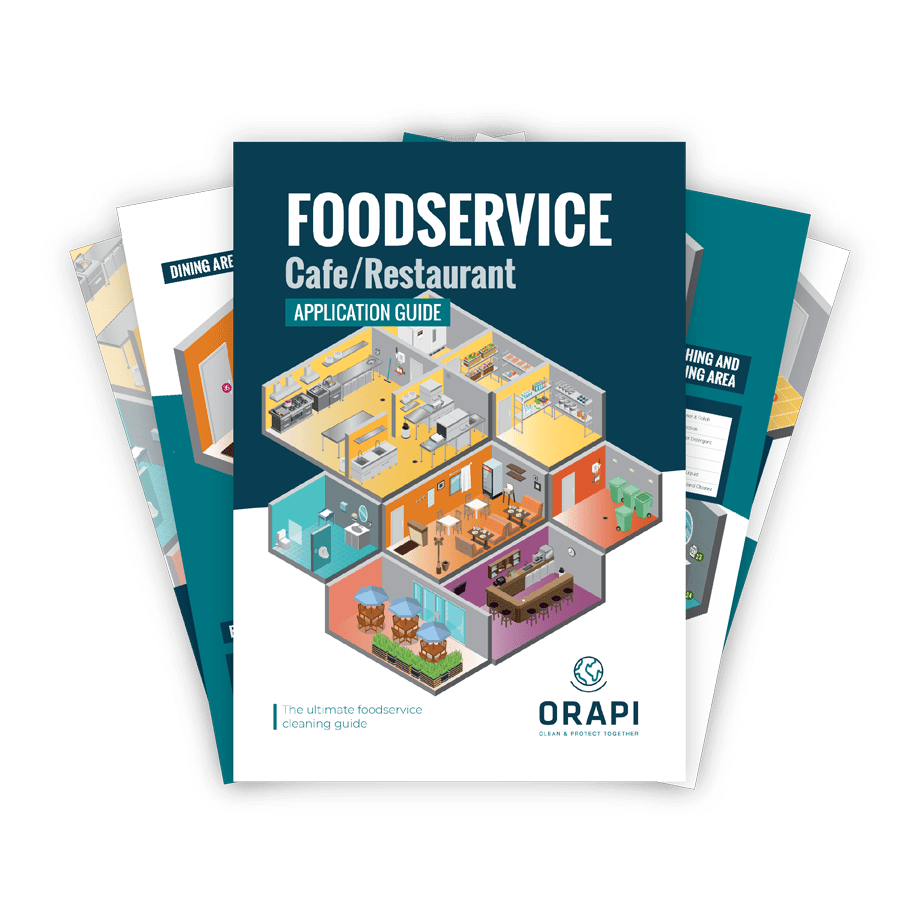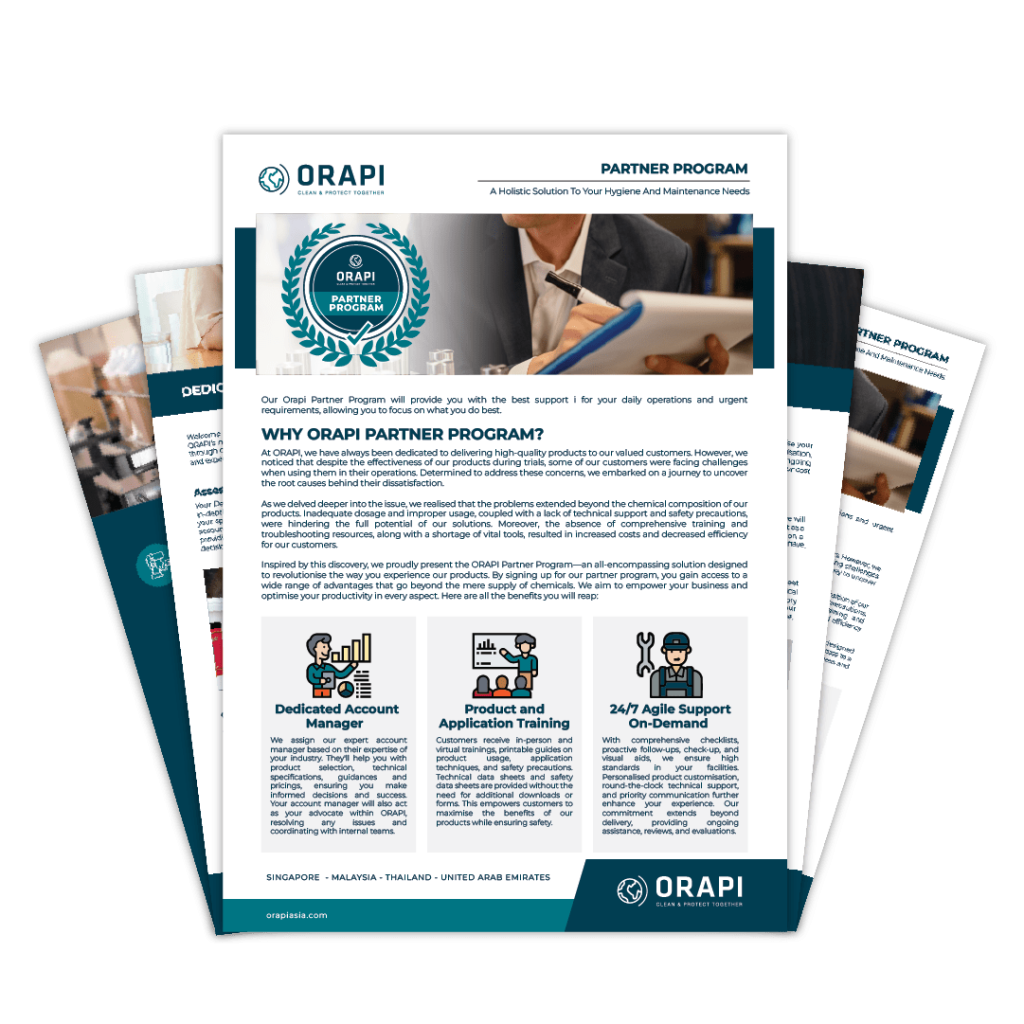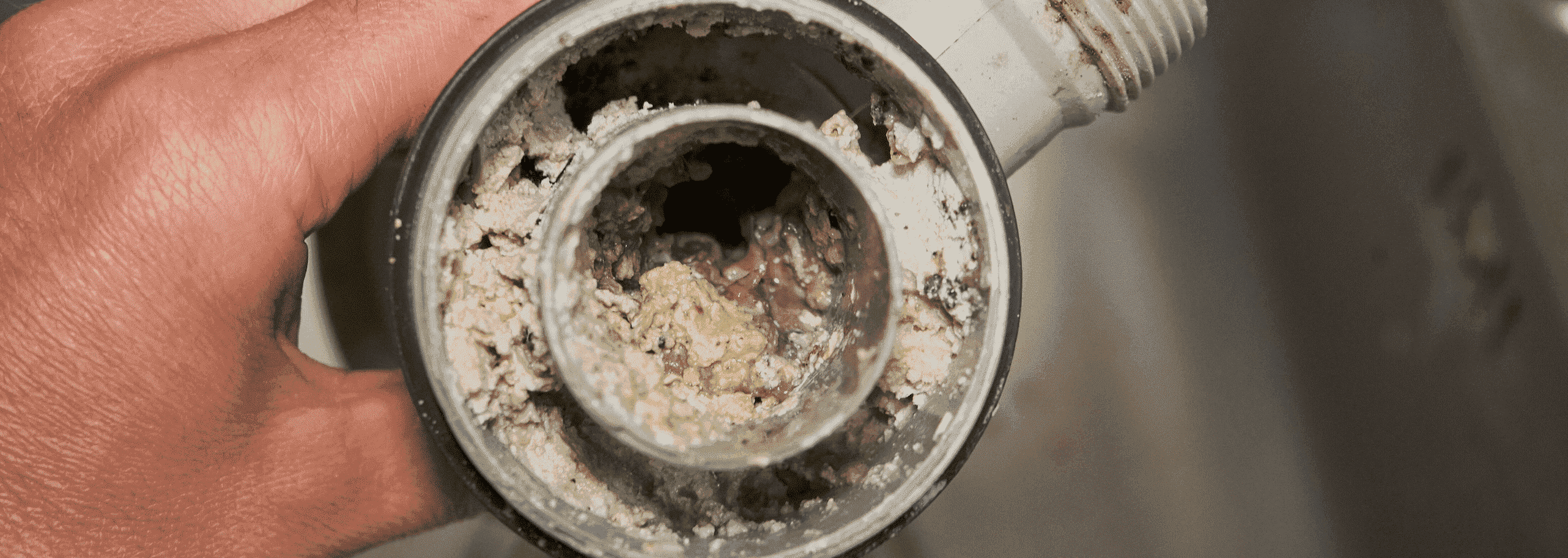
Commercial drains may experience blockages due to various factors, presenting a host of challenges. Clogged drains lead to both minor and serious consequences: foul odours, environmental hazards, mould growth, and structural damage. This article explores the main causes of drain blockages in commercial facilities and outlines the typical techniques used for their clearance.
1. Accumulation Overtime
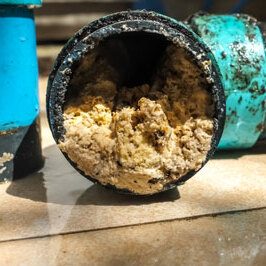
Drains gradually become congested with a mixture of sludge, soil, and grease. This accumulation initiates blockages, setting off a rapid chain of events. With each passing moment, the pipes collect more debris, accelerating the onset of clogs.
2. Soiled Water from Floor Cleaning
Following floor mopping, the disposal of soiled water can lead to clogged drains due to its heightened concentration of solids and contaminants. Upon emptying the mop bucket, observe the water closely; it typically exhibits a darker hue and harbours solid debris accumulated during cleaning. Another issue arises with deteriorating mop heads, be they traditional string mops or modern microfiber variants. As these mop heads degrade, fibres detach and find their way into the drain system. Should a blockage already be forming, these fibres accelerate its development, hastening the onset of drain clogs.
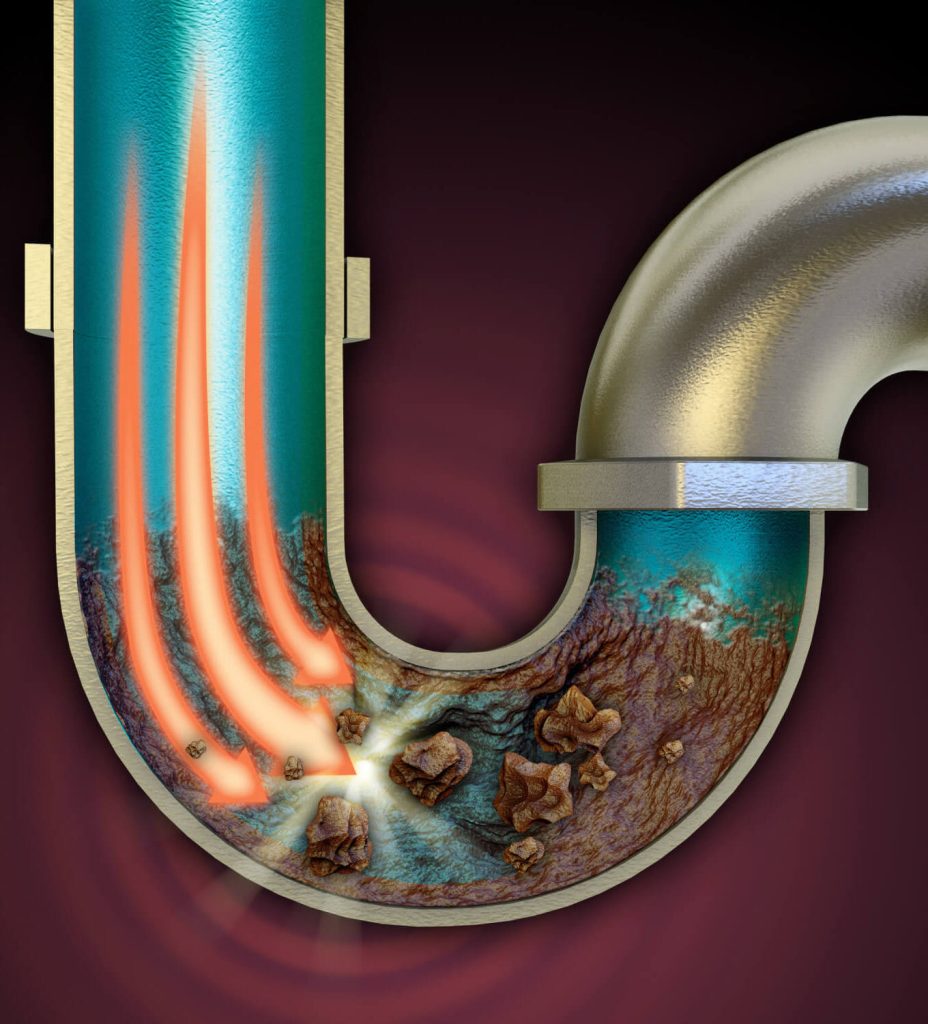
3. Roots and Underground Pipes
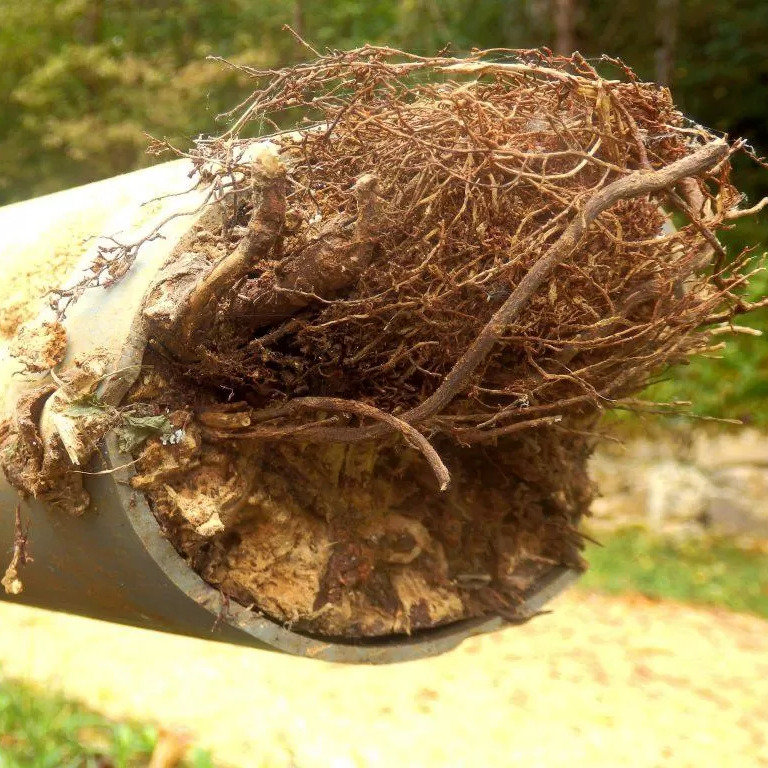
Tree roots have a knack for encroaching upon underground pipes, gradually breaching their barriers. Consequently, the flow within the pipe diminishes as it becomes more and more blocked. Such incidents are prevalent in residential and commercial domains alike, particularly afflicting aged or previously compromised pipelines, such as those disrupted during construction endeavours.
4. Blockages From Commercial Kitchens
In restaurant and food service kitchens, persistent drain clogs pose a significant issue. Grease-laden liquids and food residues are frequently disposed of down the drains for convenience. While they may pass through initially, these particles gradually accumulate, leading to blockages. It’s important to note the presence of U-shaped pipes beneath the drains, designed to prevent sewer odours. Unfortunately, these U-shaped pipes are prone to clogging as well.
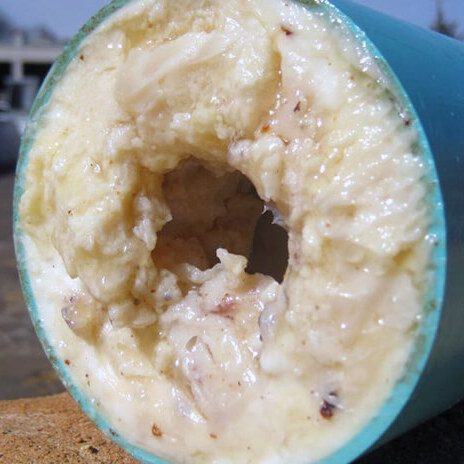
5. Low-Flow Toilet Systems
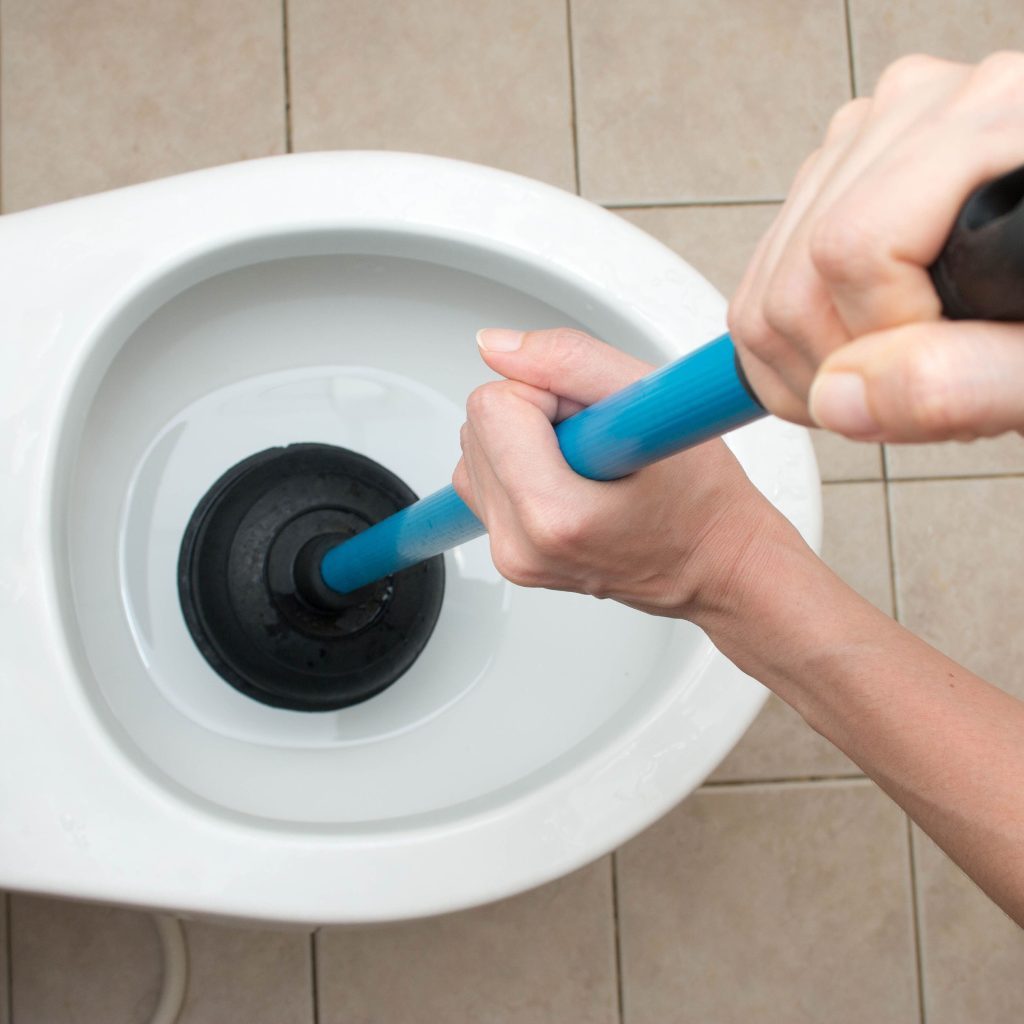
Typically, commercial toilets last ten to fifteen years. Consequently, some of the initial low-flow toilet models remain in operation nationwide. Additionally, numerous establishments have retrofitted older conventional toilets with low-flow flush valves as part of water conservation efforts. However, these outdated configurations may lack the necessary force to flush waste effectively, leading to potential blockages.
6. Recreational Facilities
Recreational facilities such as gyms and fitness centres in commercial buildings often bring about significant challenges for drainage systems. The constant influx of soil, hair, mop water, and soap creates ideal conditions for clogs to form. Compounding this issue is the fact that many buildings’ drainage systems were not initially designed to withstand the heavy usage associated with gym facilities.
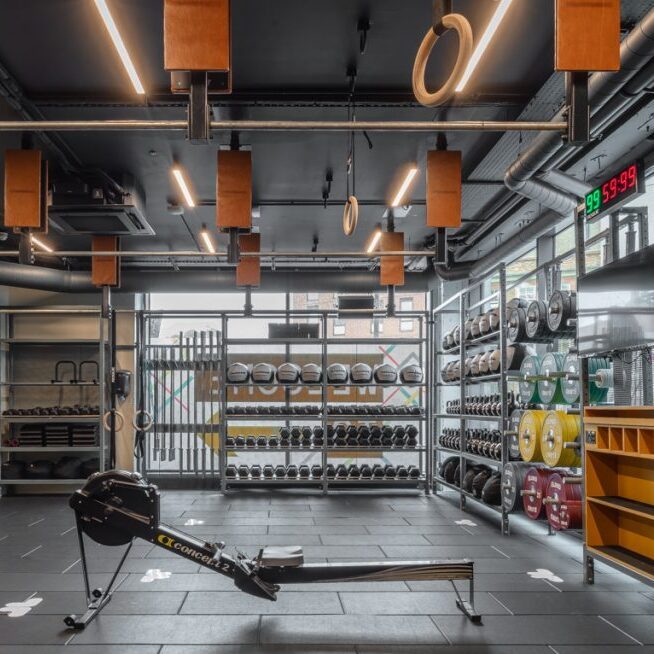
7. Improper Waste Disposal
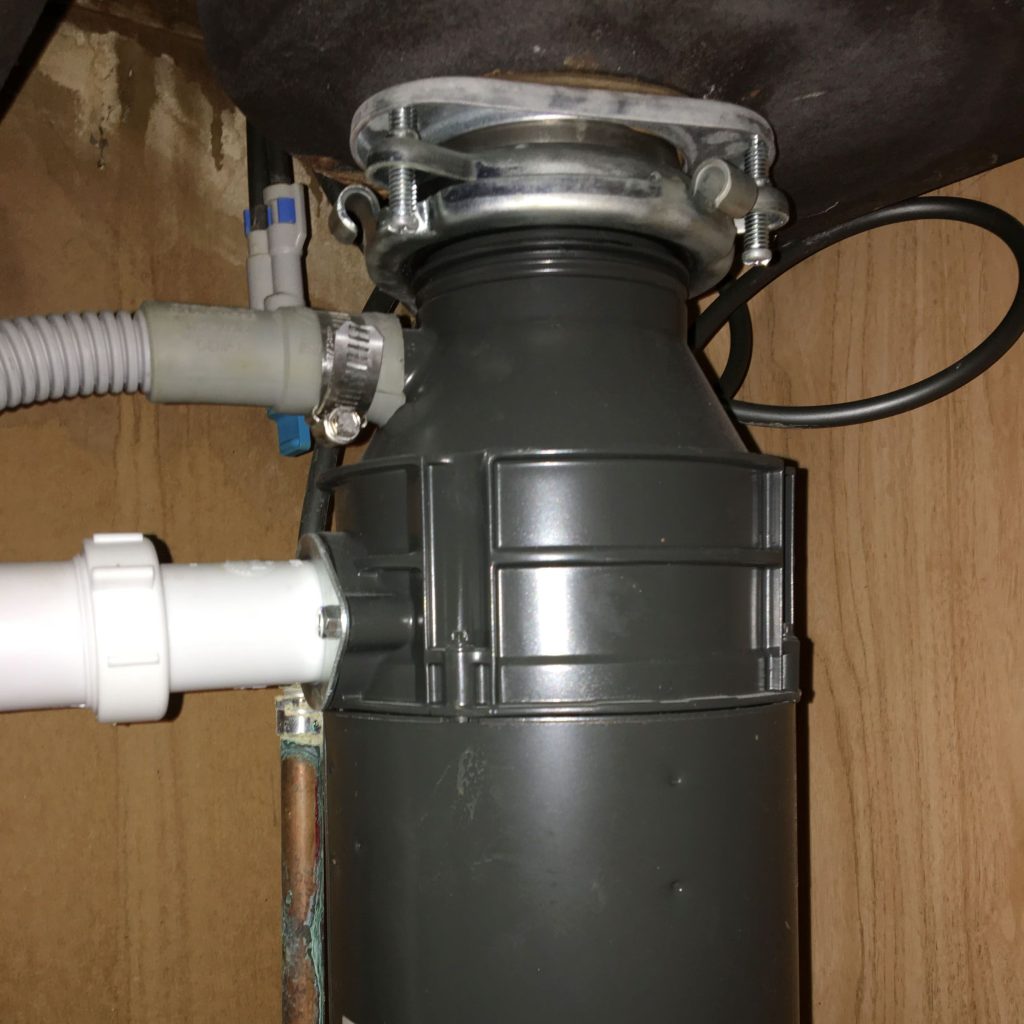
Numerous businesses lack adequate waste management procedures. Employees and customers often discard unsuitable items, such as paper towels, sanitary products, or solid waste, into drains, resulting in gradual accumulation and potential blockages.
8. Mineral Deposits
In regions characterised by hard water, calcium and magnesium minerals tend to precipitate from the water and gather on the inner surfaces of pipelines. This accumulation, commonly called limescale, may impede water flow and lead to blockages if not routinely dealt with via descaling methods.
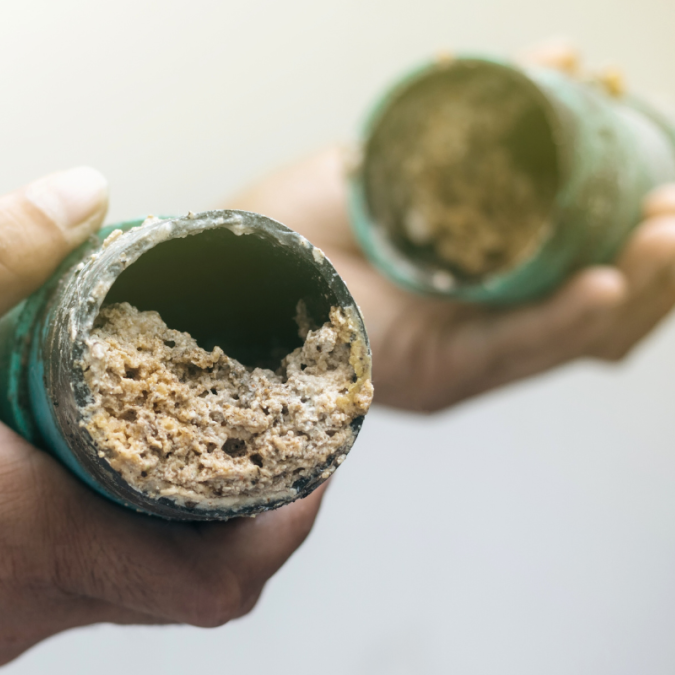
9. Faulty Installation or Design
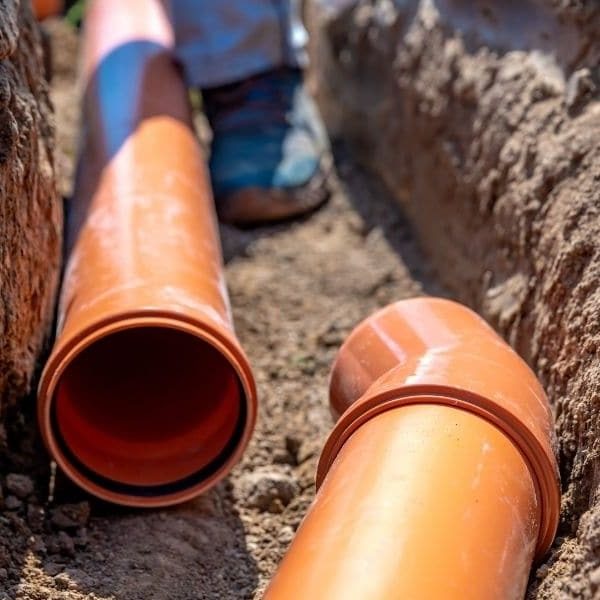
When drainage systems are improperly installed or designed, they become susceptible to frequent blockages. Factors such as incorrect slope gradients, insufficient pipe diameters, or improper junction placement can all contribute to drainage problems and recurring clogs. Furthermore, the use of substandard construction materials can accelerate degradation, heightening the risk of blockages.
10. Foreign Objects in Drains
Occasionally, tiny items or debris can unintentionally enter drain systems. This may involve objects slipping down sink drains or small debris being swept into floor drains. Gradually, these foreign materials can amass and lead to obstructions, particularly in high-traffic zones or areas prone to debris buildup. Consistent inspection and maintenance are key to averting such blockages.
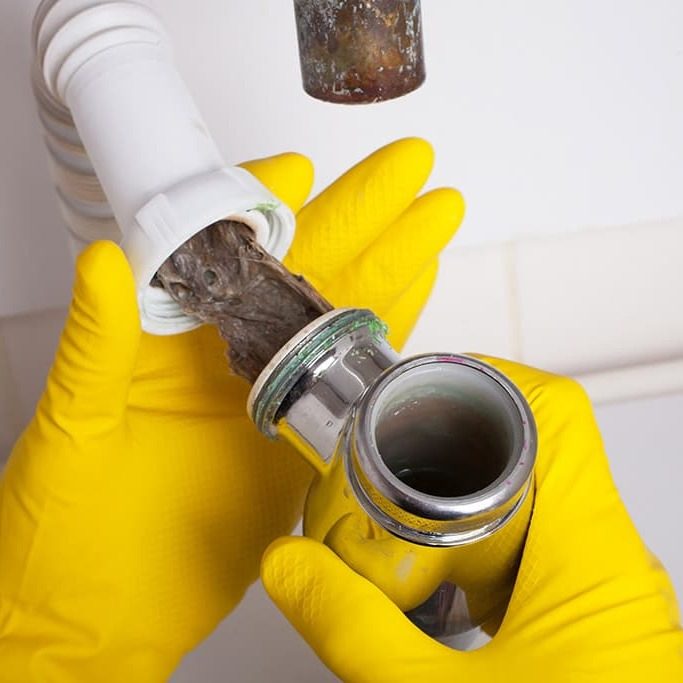
How to Prevent Clogged Drains
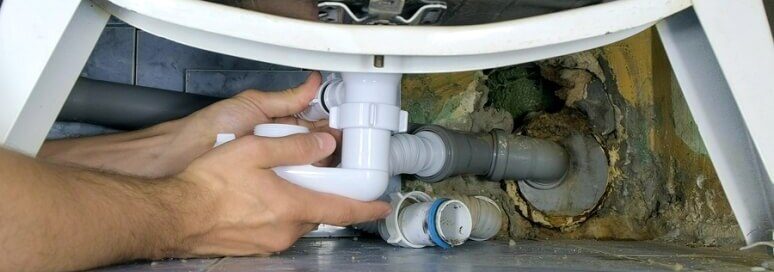
Always Use the Appropriate Products to Unclog Drains
Use a cleaner designed to dissolve and remove blockages caused by hair, soap scum, grease, and organic slime in sinks, traps, and drains—one that is suited for use in various settings, such as commercial kitchens, industrial plants, hotels, hospitals, motels, schools, and food processing plants.
Avoid using harsh chemicals or drain cleaners, which can damage the plumbing system and lead to clogged drains over time. Instead, use environmentally friendly enzyme-based cleaners that can effectively break down organic matter without causing any damage. These types of cleaners are not only safe for the plumbing system but also better for the environment, making them a great choice for anyone looking to maintain a clean and healthy facility.
ORAPI RECOMMENDS:
ORAPI RECOMMENDS:
- Fast-acting alkaline drain opener
- Attacks the molecular structure of hair, soap scum, grease and organic slime
- Ideal to unblock wastes from drains, sink traps and toilets
- Restores free flow to choked drains
- Produces no gases or violent reaction
- Non-corrosive to pipes
- PACK SIZE: 1L x 12
Bottom-up Cleaning
To ensure efficient drainage in multi-storey buildings, start the drain cleaning process from the lowest floors and work your way up. This strategy helps prevent blockages resulting from residue accumulation from upper floors in the pipes of lower levels.
Install Grease Traps and Interceptors
It is important to install grease traps or interceptors in areas where grease-laden wastewater is generated, such as kitchens and food preparation areas. These devices effectively separate grease and oil from the water, preventing them from entering the drainage system and causing blockages. However, regularly cleaning and maintaining the grease traps is equally important to ensure they function effectively. This may involve emptying and disposing of the collected grease according to local regulations. By taking these steps, you can prevent costly and inconvenient blockages in our drainage systems.
Educate Staff on Responsible Disposal Practices
It’s important to educate staff on the proper management and disposal of wastewater to prevent blockages and ensure compliance with regulations. Encouraging designated disposal methods for organic matter, oils, and grease, such as composting or specialised waste collection services, can help minimise the risk of blockages caused by improper disposal practices. Additionally, it’s important to discourage the disposal of foreign objects, such as plastics and paper towels, into drains, as this can also contribute to blockages and other issues.
Conclusion: Causes & Prevention of Clogged Drains
In conclusion, maintaining clear and efficient drainage systems in commercial facilities is crucial to avoid various challenges, ranging from foul odours to environmental hazards. Blockages can arise from many factors, including accumulation over time, improper waste disposal, and faulty installation. To prevent such issues, it’s imperative to employ proactive measures like using appropriate drain cleaners, implementing bottom-up cleaning strategies, installing grease traps, and educating staff on responsible disposal practices. By taking these steps, businesses can mitigate the risk of costly and inconvenient blockages, ensuring smooth operations and a healthier environment for all.
